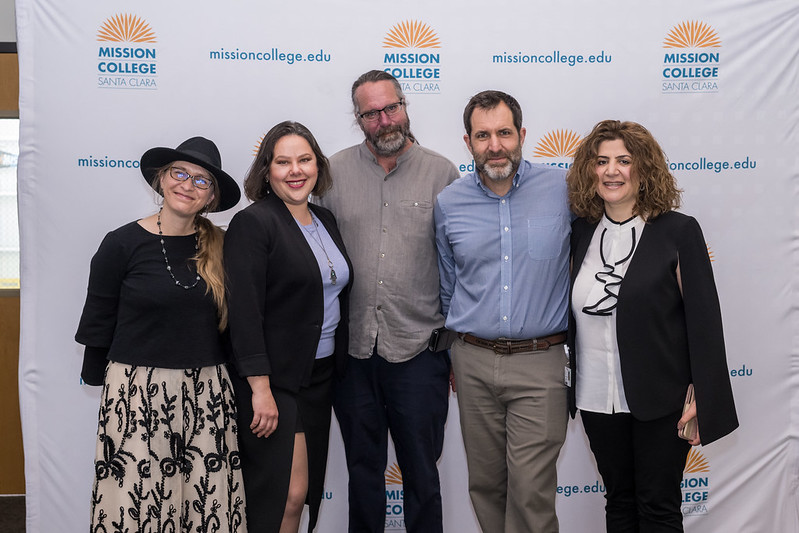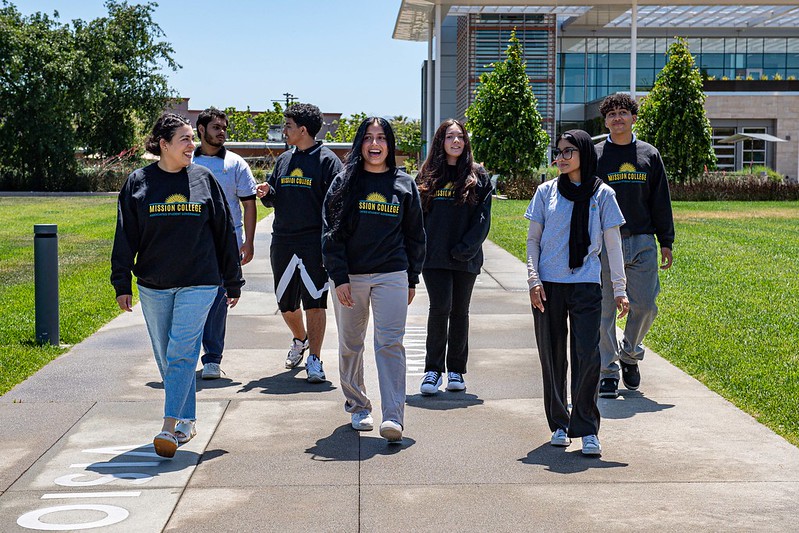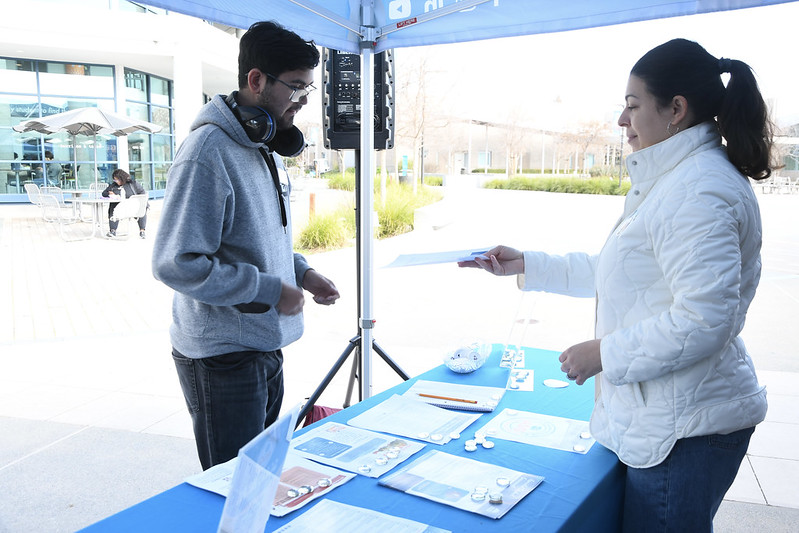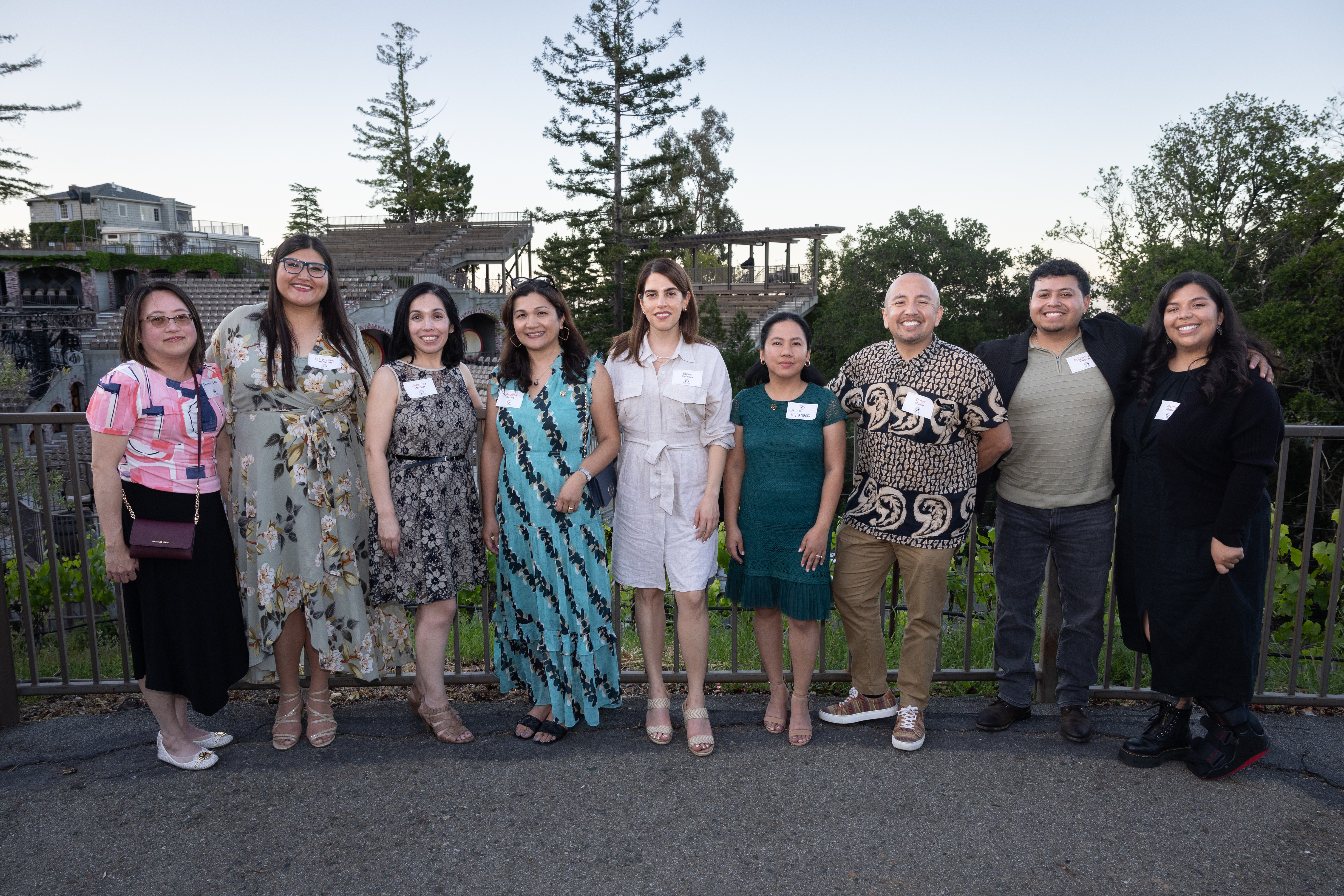Shared governance committees play a vital role in ensuring that all members of a college
community—faculty, staff, students, and administration—have a voice in the decision-making
process. These committees are designed to promote collaboration, transparency, and
accountability in shaping the policies and practices that affect the campus. By providing
diverse perspectives, shared governance committees help foster a more inclusive and
democratic environment, where decisions reflect the needs and priorities of the entire
community. Their importance lies in promoting a sense of ownership and responsibility
among all stakeholders, ultimately contributing to the success and growth of the institution.
College Council Committees
- College Budget Advisory Committee
Provides recommendations and advice regarding the allocation of resources and the college’s financial priorities. - College Council
A key decision-making body that ensures representation from faculty, staff, and students to advise and consult on policies and procedures affecting the entire college community. - Facilities & Safety Committee
Focuses on campus facilities, safety, and emergency planning, ensuring a safe and effective learning environment for all students and staff. - Institutional Effectiveness Committee
Ensures the college's effectiveness in achieving its goals and continuous improvement through data analysis, assessment, and strategic planning. - Professional Learning Committee
Promotes faculty and staff development opportunities to enhance professional growth and support the mission of the college. - Student Outreach, Access, Resilience, and Success Committee (SOARS)
Focuses on improving student access, retention, and success by addressing challenges and ensuring equitable opportunities for all students. - Sustainability Subcommittee
Works on initiatives related to sustainability, including environmental efforts, energy conservation, and green campus projects. - Technology Committee
Advises on technology infrastructure, digital tools, and innovation to enhance teaching, learning, and administrative processes.
Academic Senate Committees
- Academic Directions
Addresses academic goals and the direction of academic programs in line with the college’s mission and educational needs. - Academic Senate
The primary body for faculty governance, representing faculty in academic and professional matters.

- Curriculum Review Committee
Reviews and approves curriculum proposals, ensuring they align with academic standards and meet student needs. - Distance Education Committee
Focuses on the development and delivery of online and hybrid courses to support diverse learning modalities. - Faculty Professional Development Committee
Supports faculty growth through training, workshops, and resources to enhance teaching effectiveness. - Noncredit Committee
Addresses issues related to noncredit programs, offering opportunities for lifelong learning and skill development. - Program Review & Assessment Committee
Oversees the regular review and evaluation of academic programs to ensure quality, relevancy, and continuous improvement.
Classified Senate

Student Government

Associated Student Government (ASG)
Represents the student body, advocating for student needs and interests while participating in decision-making processes.

Inter-Club Council (ICC)
Provides a platform for student clubs and organizations to collaborate, organize events, and support campus engagement.
These committees play a crucial role in ensuring shared governance and fostering collaboration across all aspects of college life.

